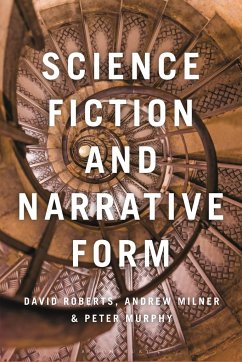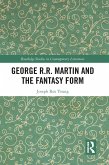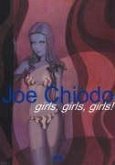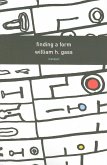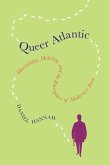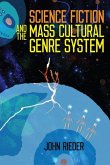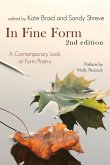Establishing science fiction as its own distinct and increasingly important narrative form, this book explores how the genre challenges pervasive perceptions of society as they appear in the conventional modern novel. Inspired by, and building upon, Georg Lukács's criticism of the orthodox novel for its depiction of life as alienating and disjointed, Milner, Murphy and Roberts demonstrate that science fiction steps beyond this contemporary form to be a more constructive form of literature, one able to conceive of society as complete, integrated and well-rounded. Taking stock of three kinds of science fiction which lie outside the scope of the modern novel - theological/ ontological science fiction, the science fiction of future history and epic science fiction - this book demonstrates the genre's unique capacity to encapsulate the whole world, persons and events, things and objects in a glance, and address the motive behind the longing for meaningful totality. With reference to a vast array of works by authors such as Michel Houellebecq, Elias Canetti, Isaac Asimov, Jules Verne, H. G. Wells, Aldous Huxley, Marge Piercy, Iain M. Banks, Margaret Atwood, Ursula K. Le Guin, William Gibson, Dirk C. Fleck, Philip K. Dick, George Orwell and Kazuo Ishiguro, this book offers a compelling argument for rethinking the position and potential of the science fiction novel and to challenge the way we perceive our culture.

